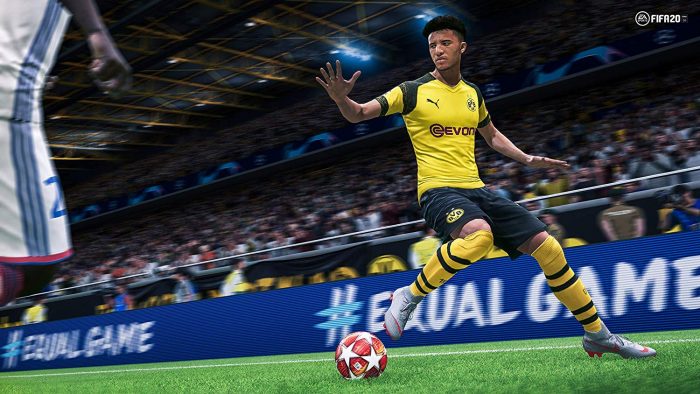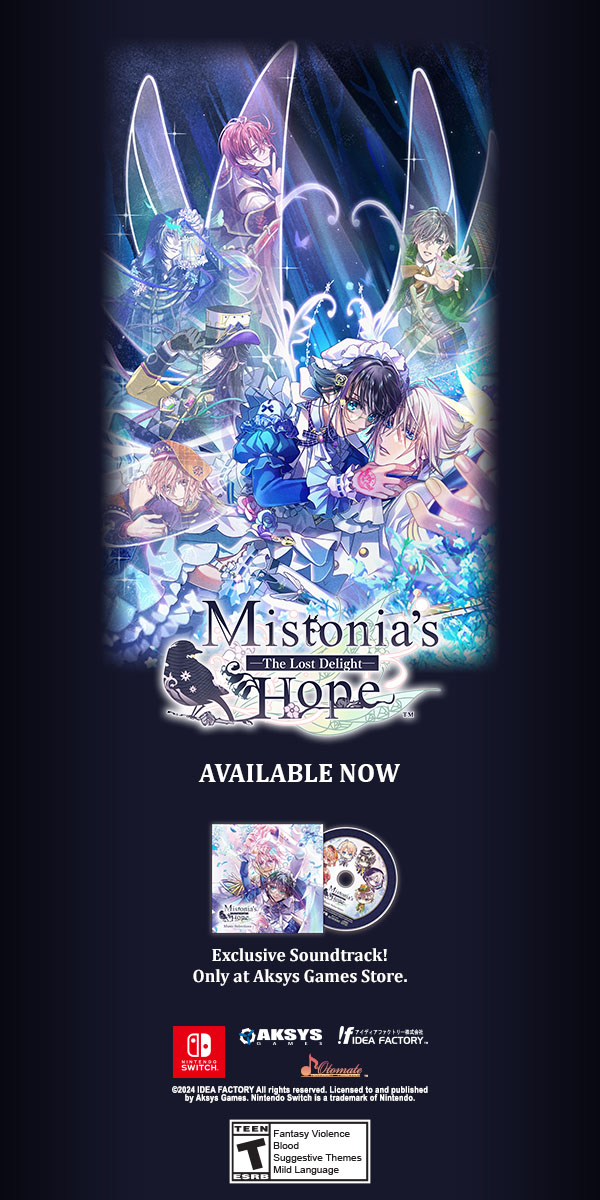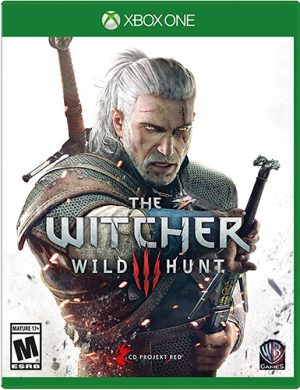
Nintendo’s popular portable has recently been dismissed by Electronic Arts in a public statement expressing the latter’s disinterest in porting their games to the Switch, where they stated that they didn’t believe the portable was a good fit for the company’s games. "We have a lot of data that would suggest a great many Switch owners also own a PlayStation 4 or an Xbox One or a PC and very often choose to play the games that we make on those platforms even though they have a Switch,” said CEO Andrew Wilson, in an attempt to explain the absence of titles such as Apex: Legends and Anthem on Nintendo’s system.
This statement raised eyebrows across the internet, as inconsistencies in Wilson’s statement were easy to see. The most obvious one was that several games similar to EA’s have enjoyed excellent performances on the Switch, such as Fortnite, which belongs to the same battle royal genre as the aforementioned Apex: Legends and features a similar business model being downloaded over 10 million times. The second most obvious point of contention was that the games EA has brought to Nintendo’s platform have been considered as lazy ports with subpar technical performance and sometimes even missing features, like the recent FIFA 19 release, making Wilson’s statements even more questionable. Instead, we suspect that Electronic Arts’ aversion to the Switch is rooted in the live-service business model they’ve incorporated into so many of their games as of late.
What Are Live-Service Games?

A live service, in simple terms, refers to a game that is initially sold with a fraction of its planned content, with the rest expected to release later and exclusively given to players who pay extra. Many players look upon this business model unfavorably, as they believe it asks them to pay more for less content and makes games focus on convincing players to pay rather than being fun. This is consistent with the words of Tribeflame CEO Torulf Jernstrom, who describes the ideal game design as “[Having] the socially accepted way of behaving in [the] game be paying,” by engineering one’s game to place those who spend frequently above those who spend less often or even not at all.
Some of the particularly insidious ways games have encouraged this divide include Call of Duty: World War II which showed other players opening loot boxes which had to be bought with real money during the solo campaign to strike the envy of the player and Destiny 2 which built itself around the act of acquiring in-game items, some of which it frequently encouraged people to buy through its microtransaction shop, despite the title costing $60 upfront.
Why This Strategy Is Less Effective on Switch
The live-service model’s weakness is that it requires a consistent online connection and this is where the Switch’s incompatibility with this design becomes clear. As a portable system, players are likely to spend a heavy portion of their time with the system offline, meaning that companies like EA won’t be able to sell their additional content or even advertise it most of the time and consumers will be cut off from the communities the company relies on to incentivize the continued spending upon which it thrives.
We ultimately can’t offer anything besides speculation to suggest that this was why Wilson disavowed the Switch, but let’s take a look at the facts. The only Electronic Arts games currently available on the Switch are Unravel Two and Fe, two of their few recent releases not sold as live services, and FIFA, a franchise that is billed as somewhat of a live service, but is so ubiquitous it was sold for Playstation 2 until 2014 so it’s likely to be found on any remotely current platform anyway. As we hinted at earlier, the Switch versions of FIFA and Fe, in particular, are considered rubbish ports, suggesting the company may have been unwilling to allocate the right amount of resources to Nintendo’s system from the start.
Additionally, every major release from EA since Unravel Two has been marketed as a live service, or otherwise required a consistent online connection for gameplay and/or monetization except for the recently released Sea of Solitude (Battlefield V, Command & Conquer Rivals, Apex, Anthem, and all their sports games). Correlation does not mean causation, of course, but given how aggressively EA has pushed the live-service model, their rejection of a platform that would make such a thing less profitable seems like much more than a coincidence, especially after the questionable reasons given in Andrew Wilson’s public statement.
What Does This Mean for Live Services?
With sales estimated to reach 40 million units in total by the end of the year, the Nintendo Switch is by far the fastest-growing console of the current generation. Its position implies that rival console creators will be following it in whatever direction it goes, so if a company whose business strategy is entirely built upon selling live-service games is all but abandoning it, could this mean the end for this particular type of aggressive monetization?
That’s a complicated question, because while it’s true that a strategy incompatible with the market-leading platform will inevitably need to be replaced, Sony and Microsoft have not announced their own portable hybrid and while they have been taking their own measures to limit potentially exploitative monetization systems on their platforms, they'll never be able to ban live services outright without losing major 3rd party support. Let’s not even get started on PC, where publishers can practically do whatever they want. With the Xbox One waning in market share for years now and Sony’s comparatively weak PS4 sales triggering its sharpest share decline since 2015, Nintendo is quickly gaining more control over the industry. And if that’s a trend that continues for long enough, publishers like EA may need to think of a different way to sell their games.
Final Thoughts

Electronic Arts are of course still doing fine without the Switch, but as the attention of the gaming community shifts more and more onto Nintendo, major publishers will have to as well. This situation is still ongoing, though, so we want to hear from you. Do you think the Switch will keep detaching itself from live-service gaming? Do you think live services will outlive the Switch instead of the other way around? Do you think Andrew Wilson is being dumb and should still sell his company’s games on the Switch even if they may make less profit than on other platforms? Let us know in the comments and be sure to stick around for more on the Switch and everything else in gaming.



